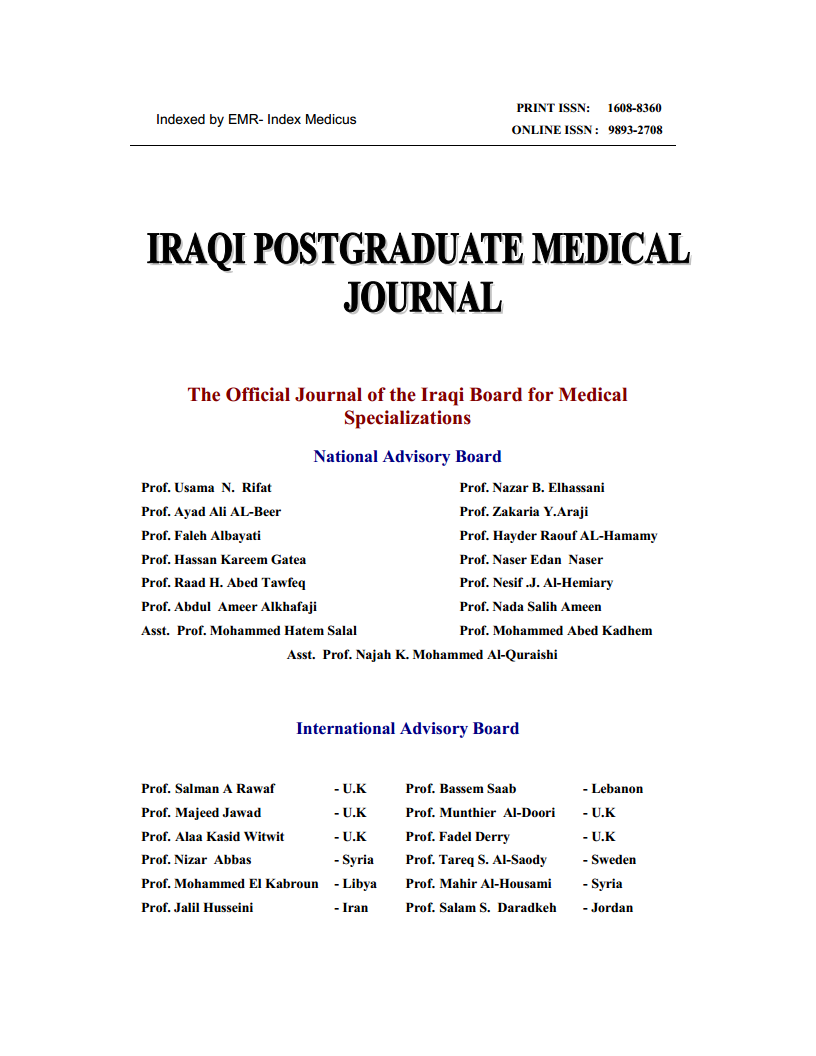Abstract
BACKGROUND:
Regular exercise is one of the main factors in promoting a healthy lifestyle. Numerous benefits accompany physical activity during pregnancy. It will reduce the risk of excessive gestational weight gain and conditions such as gestational diabetes, preeclampsia, preterm birth, varicose veins, and deep vein thrombosis.
OBJECTIVE:
To assess the knowledge and attitude of pregnant women regarding appropriate exercise during the second and third trimesters of pregnancy, To describe the exercise patterns of these women during pregnancy, and to determine the factors that may be related to conducting an exercise during pregnancy.
PATIENTS AND METHODS:
A descriptive cross-sectional study was conducted at two primary healthcare centers in Baghdad during the period from March 2020 to January 2021. A Convenient sample of 200 women pregnant was included.
RESULTS:
Out of 200 pregnant women enrolled in the study (60%) had good knowledge, (24%) had a positive attitude, and (49.5%) practiced exercise. There were a significant association between practiced exercise and knowledge and between practiced exercise and attitude.
CONCLUSION:
The socio-demographic characteristics, obstetrical history and the source of information impacted the practiced exercise during pregnancy. Understanding the barriers to practiced exercise during pregnancy is essential to improving prenatal counseling regarding physical activity and informing interventions to promote healthy exercise during pregnancy.
Regular exercise is one of the main factors in promoting a healthy lifestyle. Numerous benefits accompany physical activity during pregnancy. It will reduce the risk of excessive gestational weight gain and conditions such as gestational diabetes, preeclampsia, preterm birth, varicose veins, and deep vein thrombosis.
OBJECTIVE:
To assess the knowledge and attitude of pregnant women regarding appropriate exercise during the second and third trimesters of pregnancy, To describe the exercise patterns of these women during pregnancy, and to determine the factors that may be related to conducting an exercise during pregnancy.
PATIENTS AND METHODS:
A descriptive cross-sectional study was conducted at two primary healthcare centers in Baghdad during the period from March 2020 to January 2021. A Convenient sample of 200 women pregnant was included.
RESULTS:
Out of 200 pregnant women enrolled in the study (60%) had good knowledge, (24%) had a positive attitude, and (49.5%) practiced exercise. There were a significant association between practiced exercise and knowledge and between practiced exercise and attitude.
CONCLUSION:
The socio-demographic characteristics, obstetrical history and the source of information impacted the practiced exercise during pregnancy. Understanding the barriers to practiced exercise during pregnancy is essential to improving prenatal counseling regarding physical activity and informing interventions to promote healthy exercise during pregnancy.
